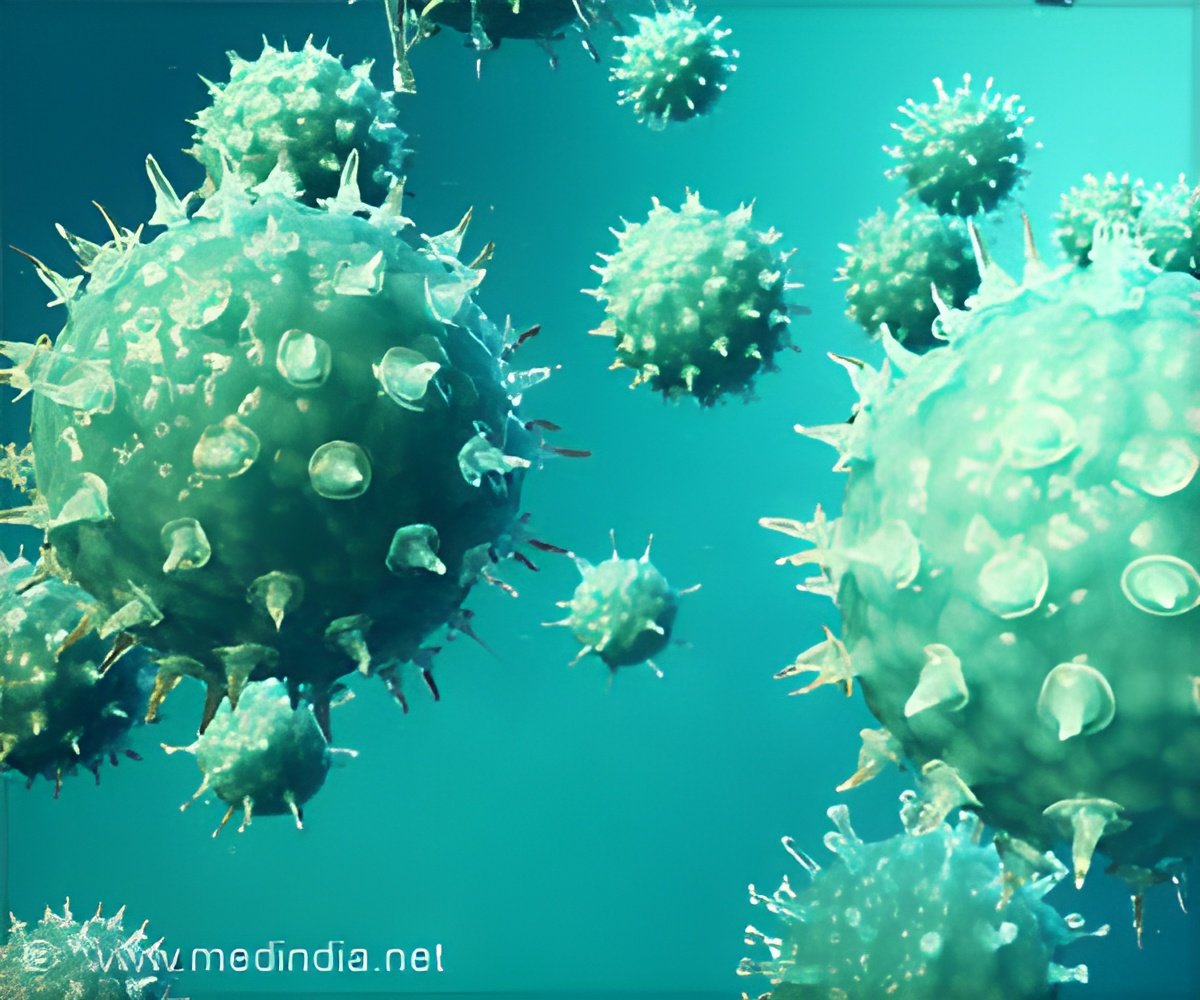Researchers measured an increase in immunity in a study involving health workers who had received two doses of CoronaVac.

‘Adherence to the booster dose significantly increases the immune and cellular response and provides stronger protection against COVID-19.’
Read More..




Supported by FAPESP via two projects (17/20106-9 and 20/08943-5), the study involved a non-randomized cohort of 48 health workers at hospitals and regional institutions with an average age of 30 for subjects given CoronaVac, and 40 for subjects given ChAdOx1.Read More..
“We’ve seen that adherence to the booster dose isn’t as high as it could be. However, our study shows its importance insofar as it significantly increases the immune and cellular response, and therefore provides stronger protection,” Alexandre Keiji Tashima, a professor in the Biochemistry Department of EPM-UNIFESP and corresponding author of the article, told Agência FAPESP.
On March 19, booster doses had been given to 34.2% of Brazil’s population or some 73 million people, and 74% (157 million) had been fully immunized with two doses (or one dose of single-dose vaccines), according to Our World in Data.
“When the pandemic began, we assembled a group of researchers at UNIFESP to conduct biochemical studies relating to COVID-19. Our goal is to produce a complete biochemical characterization of the antibodies,” said Tashima, who is PhD thesis advisor for Jackelinne Yuka Hayashi, the first author of the article. Four researchers at the Brazilian subsidiary of Germany’s EUROIMMUN AG, a leading provider of medical laboratory diagnostics, also participated in the study.
The group’s findings corroborate studies already published by scientists at universities from Hong Kong and from the United States.
Advertisement
In the UNIFESP study, blood was sampled from participants on five occasions: before vaccination, 28 days after the first dose, 14 days after the second dose, 75 days after the second dose, and 14 days after the third (booster) dose. Clinical tests were performed to detect levels of IgG antibodies against SARS-CoV-2, neutralizing antibodies and cellular responses.
Advertisement
The level of protection fell sharply in the next 10 weeks, reaching 115.7 BAU/ml. After the booster dose, however, IgG levels rebounded, rising by a factor of 25 to 2,843 BAU/ml. Levels of neutralizing antibodies rose from 23.5% after the second dose to 99.3% after the booster.
In the group given two doses of ChAdOx1 and a Pfizer/BioNTech booster, IgG rose from 86.8 BAU/ml to 648.9 BAU/ml between the first and second doses, declining after that to 390.9 BAU/ml. Then jumped by a factor of 7 to 2,799.2 BAU/ml after the booster. Neutralizing antibodies rose from 63.2% to 98.9%.
“Even with the drop in immunity after the second dose, there may still be a relevant cellular response against the viral antigens, but what’s interesting is that both cellular and humoral responses increased strongly after the third dose in both groups. We were struck by this measure of effectiveness, indicating a good response in both groups,” Tashima said.
The authors acknowledge limitations such as the small sample size and age differences between the groups. Some volunteers were infected by the omicron variant after receiving a booster dose.
The researchers are now collecting more blood samples from the same subjects to analyze the impact of this variant, which accounted for 97% of confirmed cases of COVID in Brazil in early January.
Source-Medindia









